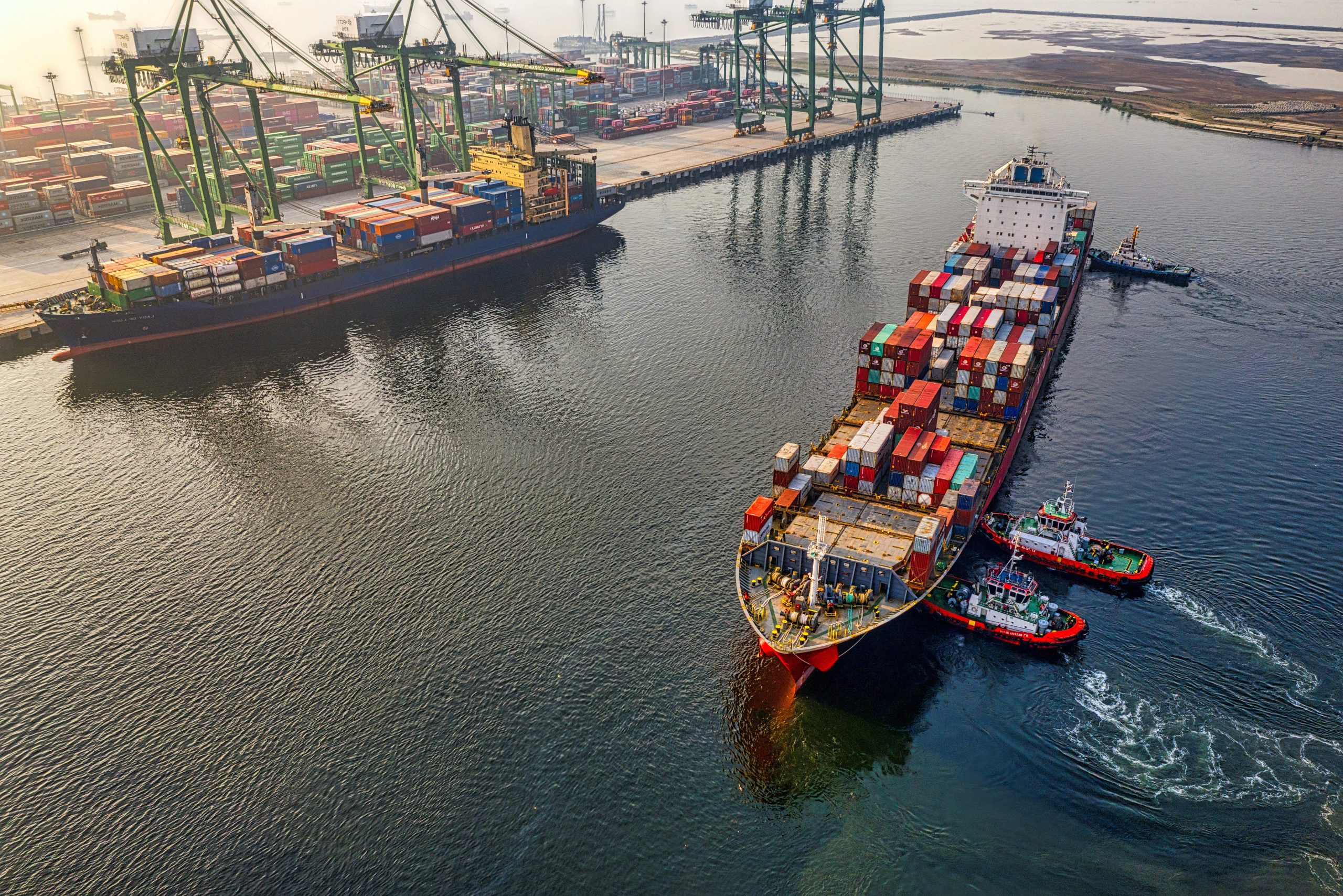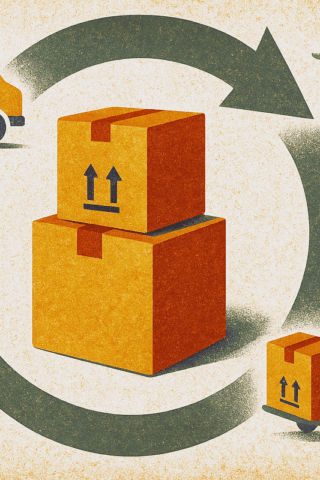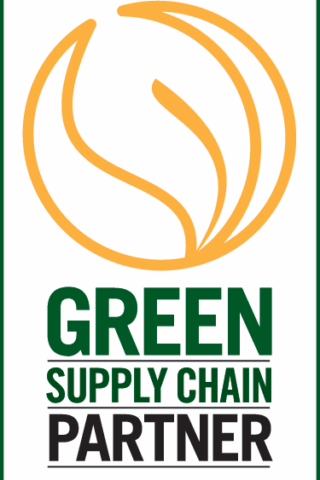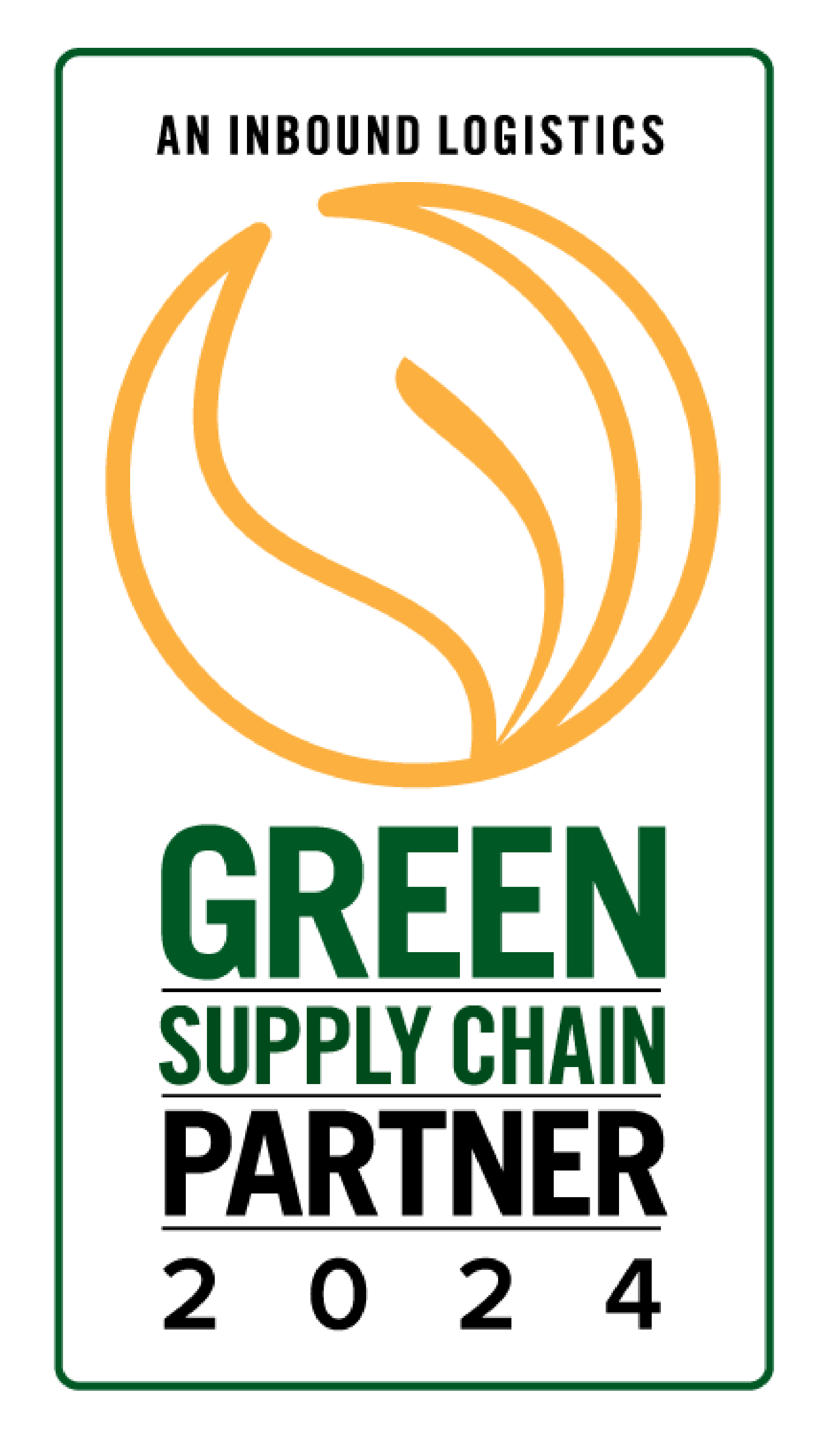Alexis Mizell-Pleasant, SDCExec.com, December 8, 2023
The sustainable shift is evident today, where the concept of the “Green Supply Chain” is thriving and seeks to minimize the ecological footprint of supply chain through technology and regulation compliance.
Once upon a time, sustainability was simply a buzzword surrounding concerns about the future of a world riddled with practices that offered less regard for waste and pollution. Now, sustainability is a true practice with real efforts behind maintaining and implementing eco-friendly alternatives within any organization. Nowhere is this shift more evident than in the realm of supply chain management, where the concept of the “Green Supply Chain” is gaining momentum. This transformative approach emphasizes environmental responsibility and seeks to minimize the ecological footprint of the entire supply chain process.
For Steven Liu, VP of strategic sourcing and purchasing at Legrand, it’s not only about how we reduce carbon in the context of products but also about where we buy and how we transport those products. “Green supply chain is about taking into account the full life cycle of our products and working to reduce impacts across the value chain.”
According to research, a company’s supply chain is a huge contributor to their total emissions (up to 80% are scope 3—which are largely in a company’s supply chain), waste and inequality. This poises the industry as a major area of opportunity to improve sustainability overall, with a concerted and thoughtful effort.
Sophia Mendelsohn, chief sustainability and commercial officer for SAP Sustainability, explains green supply chain with that same focus on end-to-end transparency, extending from sourcing to product development, manufacturing, distribution and disposal after use to minimize waste and encourage circularity. In the era of digital transformation, Mendelsohn says, the growing sophistication of digital supply chain technologies like AI and blockchain are playing a key role in the evolution of sustainable practices. Today, companies bear an increasing responsibility to showcase their corporate social responsibility practices and in turn, ethical supply chain practices are gaining priority.








